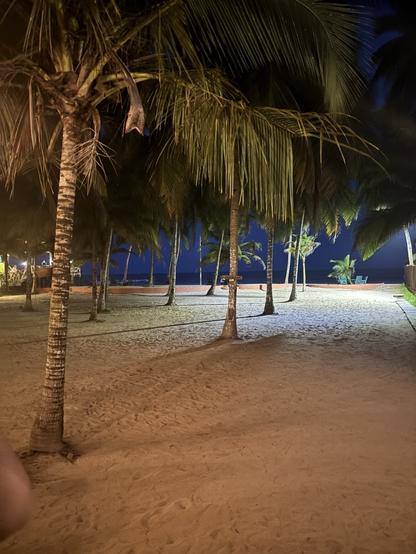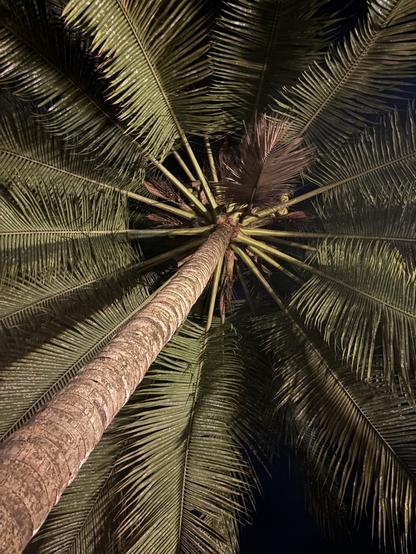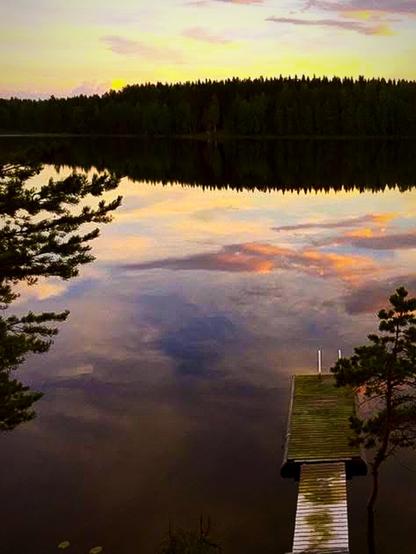Trump Did In One Year What Took Putin 20 Years, Says Julia Ioffe – Bloomberg
llustration: Uli Knörzer for BloombergJulia Ioffe on Why Putinism Won’t Die With Putin
The Motherland author talks about reclaiming Russia’s women, the “demented family heirlooms” of Soviet trauma, and the country’s relationship with its chief decision-maker.
By Mishal Husain, November 7, 2025 at 1:05 AM EST
Telling the story of a country through its women is an epic undertaking — especially when the country’s history includes totalitarianism, extreme violence and repression.
It’s a task taken on by the Russian-American journalist Julia Ioffe in her new book Motherland: A Feminist History of Modern Russia, from Revolution to Autocracy (Harper Collins, October 2025).
From Alexandra Kollontai — who laid the foundations of gender equality in the Soviet Union — to legions of women persecuted and abused over generations, Ioffe’s book weaves between notable figures airbrushed from Russian history and individuals who wouldn’t have thought themselves remarkable, including her own female relatives.
Motherland also comes right up to the present day. Having spent more than a decade reporting from, and on, Russia for publications including the New Yorker and Foreign Policy, Ioffe says she has repeatedly been asked to explain the actions and motivations of Vladimir Putin. Motherland embodies her desire to show that Russia is much more than one person, let alone one man.
To me, the book feels born of both love and despair for the country where Ioffe was born. Love, because it is a part of her through family members shaped by its tumult; despair, because she sees Russia as trapped in a cycle of authoritarianism and thaw, never a full spring.
We spoke in Washington, DC, where Ioffe lives and works.
Listen to and follow The Mishal Husain Show on iHeart Podcasts, Apple Podcasts, Spotify or wherever you get your podcasts.
This conversation has been edited for length and clarity. You can listen to an extended version in the latest episode of The Mishal Husain Show podcast.
Motherland is an immense work — the story of modern Russia through its women, including the women of your family, because Russia is where you were born in the 1980s, in the time before Glasnost. 1
1 Ioffe was 4 years old when Mikhail Gorbachev’s “openness” policy began to relax censorship and release dissidents. In 1991, his successor Boris Yeltsin brought the Soviet Union to an end. I witnessed the chaotic period that followed when I lived in Moscow — Ioffe’s native city — in 1992 after having studied Russian at school.
Yes. I actually was born in a country that no longer exists in many senses of the word — the Soviet Union — but also the emancipatory experiment it embarked on in 1917 vis-a-vis its women [is gone].
I’m keen to understand to what extent the stories of your grandparents’ generation, and those before, were told to you. There’s one moment in the book when you’re still in high school and your mother sits you down and reads from the poetry of Anna Akhmatova. She uses it to tell you about Stalin’s terror. 2
2 Anna Akhmatova (1889-1966) was a giant of Russian literature. Her poem Requiem, written in the 1930s, is about her suffering over the politically charged detention of her son. It was not published in Russia until the 1980s.
Yes. The cosmic violence, the way it mangled Soviet, and then Russian, society forever. It was such a formative experience for the people who lived it and survived it, that their children and grandchildren were marked by it because of the family stories, because of the lessons of survival. Many of them, quite macabre, were passed down to us as demented family heirlooms.
***
Editor’s Note: The article jumps here, and is excellent. I wanted to include one of the comments about Trump.
I want to ask you about your work today, covering Washington. How has it been as a journalist, given the ways in which the Trump administration has tried to restrict or sue the press. What’s your assessment? 11
11 Ioffe is Washington correspondent for Puck, a digital media company founded in 2021 whose the writers are also partners in the business.
Donald Trump has been able to do, in less than a year, what it took Vladimir Putin two decades to do, in certain cases.
The speed at which he has hollowed out American institutions — the courts, the legislative body, every check and balance imaginable, the way private industry has bent the knee, rather than risk their profits — forgetting, by the way, that more than half the country doesn’t like this — makes me disappointed in my American compatriots.
In all those years I was reporting on Putin, anytime [he] did something restrictive, authoritarian, I would be asked to come on TV or to write a piece. People would say, Why aren’t Russians out in the streets protesting and overthrowing him? Can’t they see how terrible it is? Can’t they see he’s a dictator? Surely young people, college students, hate this?
I want to ask all of them, Why aren’t Americans in the streets, demanding answers and demanding a change? Not protests by appointment, with funny posters, but real protests. Why aren’t we holding our corporations to account, our Congress to account?
Donald Trump jokes that he is the speaker of the US House of Representatives and the president. He’s essentially dissolved Parliament. If I were a foreign correspondent here, trying to explain this for an audience back home, that’s how I would write it.
Trump looks down from the presidential box in the Kennedy Center opera house on March 17 in Washington, DC. Photographer: Chip Somodevilla / Getty ImagesContinue/Read Original Article Here: Trump Did In One Year What Took Putin 20 Years, Says Julia Ioffe
#Bloomberg #Book #Dictator #Journalist #JuliaIoffe #MishalHusain #Motherland #Podcast #Putin #Putinism #RussiaSWomen #RussianSociety #RussianAmerican #SovietTrauma #SovietUnion







